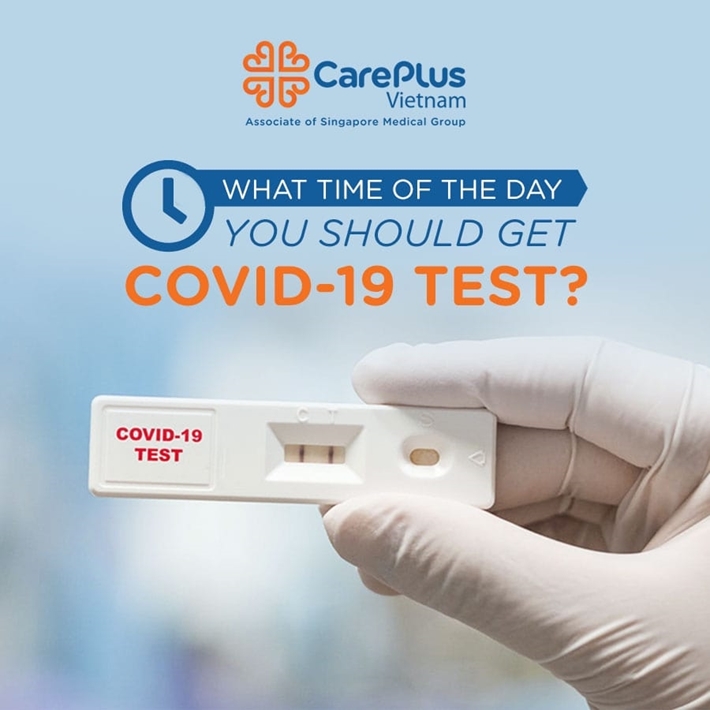What time of the day you should get Covid-19 test?

12/14/2021 11:08:22 PM
Asymptomatic COVID-19 patients, according to studies, often have a relatively low viral load, making it difficult to identify through low-sensitivity rapid tests in the early and late stages of the disease, when the virus level has not yet increased. high or when it has decreased.
New research from Vanderbilt University (USA) confirms that if you do a Covid-19 test in the middle of the day, the accurate positive result will be twice as high as at night. If the test is done after 8 pm, the risk of false negatives will be high, leading to missed cases.
COVID-19 tests usually give accurate results around 2pm
Researchers analyzed data from 86,342 clinical tests performed in symptomatic and asymptomatic people of COVID-19 in a Southeast US health care facility between March and August of this year. 2020.
The results showed that there was a difference of up to 1.7 times between positive tests for SARS-CoV-2, based on the time of day. The peak for positive results is 2 pm
This not only shows that the time from noon to afternoon is favorable for sampling, but also shows that it is the time when patients are most likely to spread the virus if they interact with others. Therefore, the new discovery can help optimize testing efficiency and improve prevention and treatment measures.
However, doctors say this doesn't mean you should change the time of your test. Instead, you should still get tested whenever in doubt.
While many COVID-19 tests may give more accurate results in the early afternoon, you don't necessarily have to wait until that time. Instead, doctors recommend getting tested at any time to confirm the disease.
Infectious disease expert Russo agrees: “There can be a difference in the time the virus spreads during the day. But certainly the RT-PCR test is sensitive enough that you can determine if you are positive for COVID-19 at any time of the day."
---
Register for RT - PCR testing service
- Fee at the clinic: 1,245,000 VND / 1 sample
- Fee at Home: 1,600,000 VND/ 1 sample
Register for antigen rapid test service
- Fee at the clinic: 270.00 VND / 1 sample
- Fee at Home: 550,000 VND/ 1 sample
👉 Sign up for the service HERE